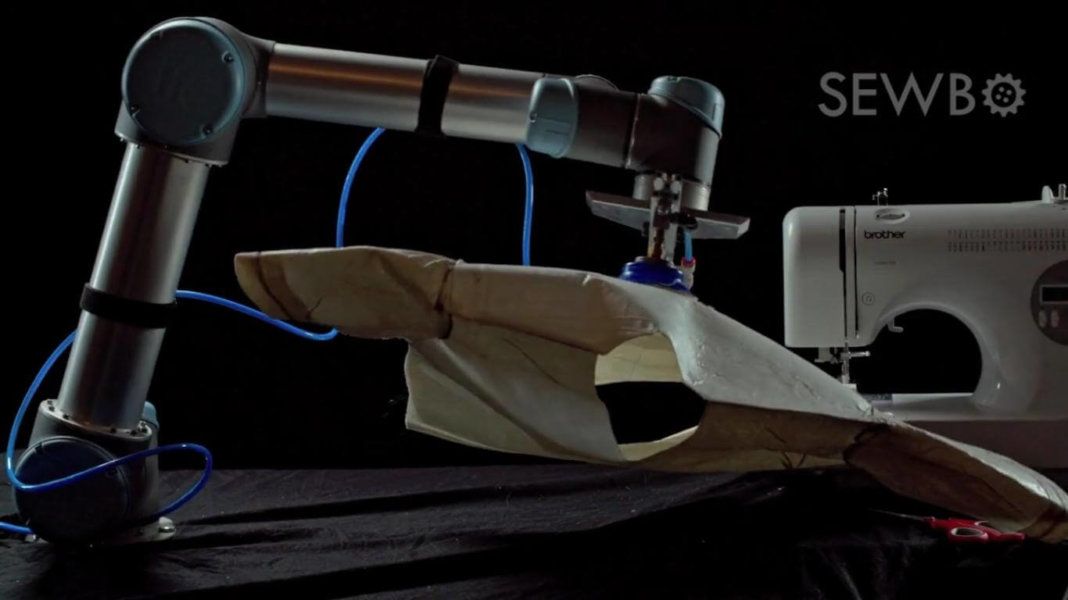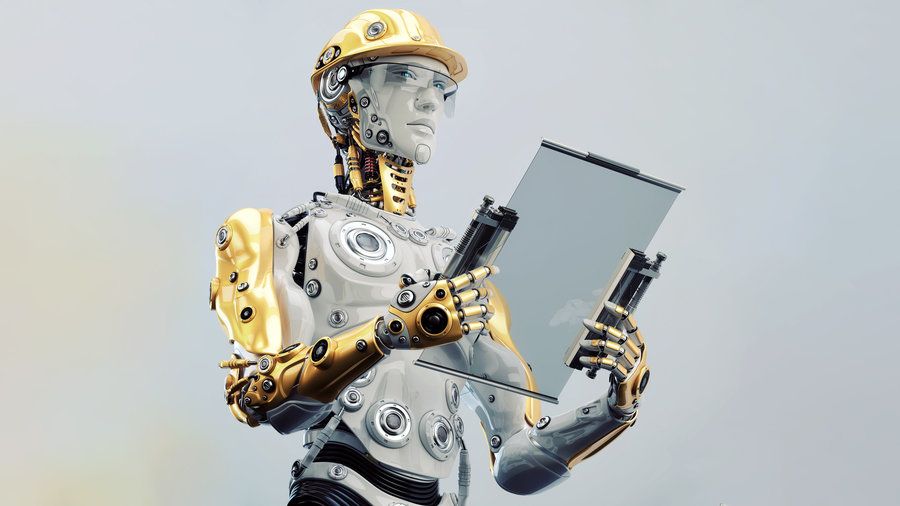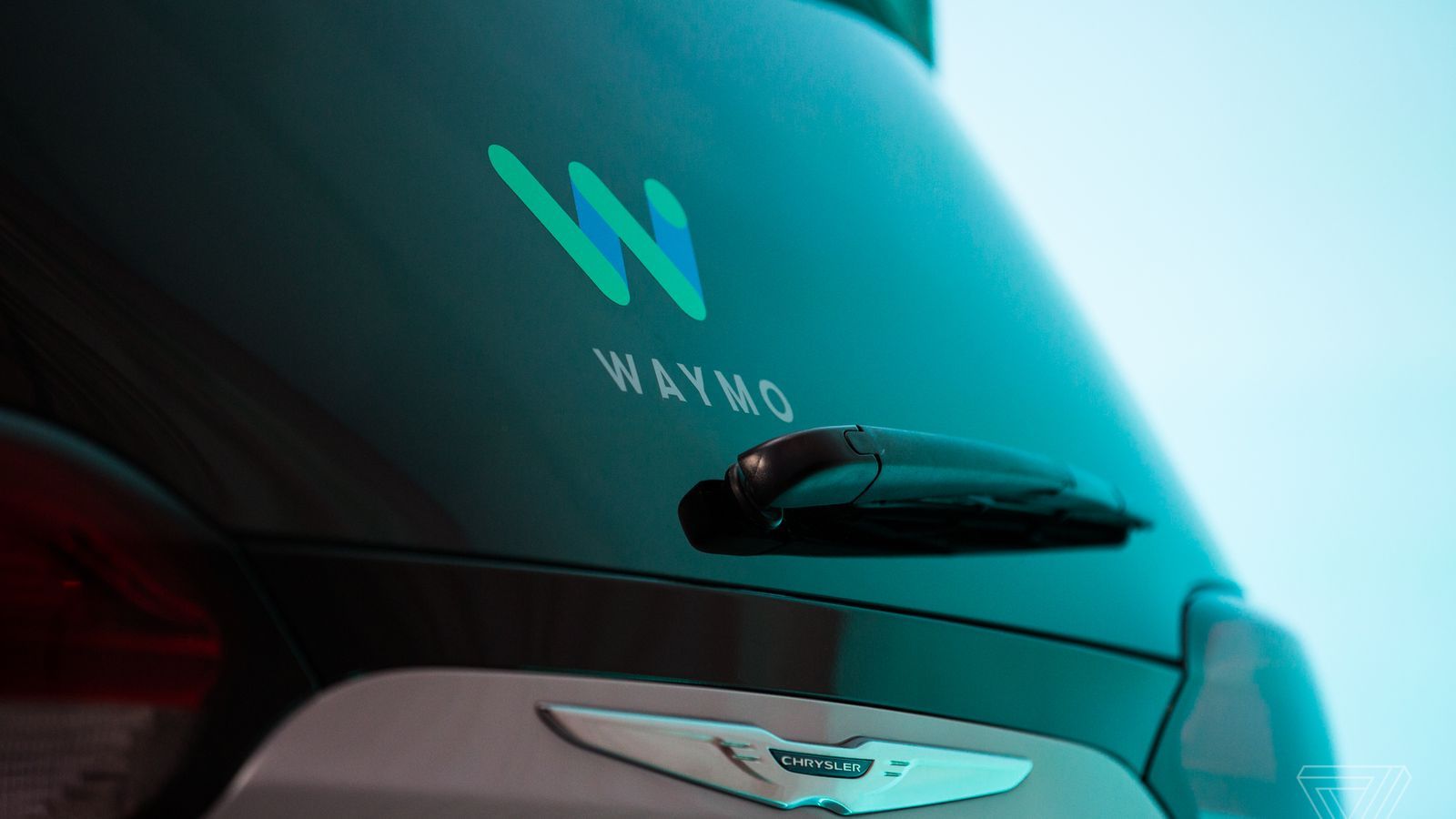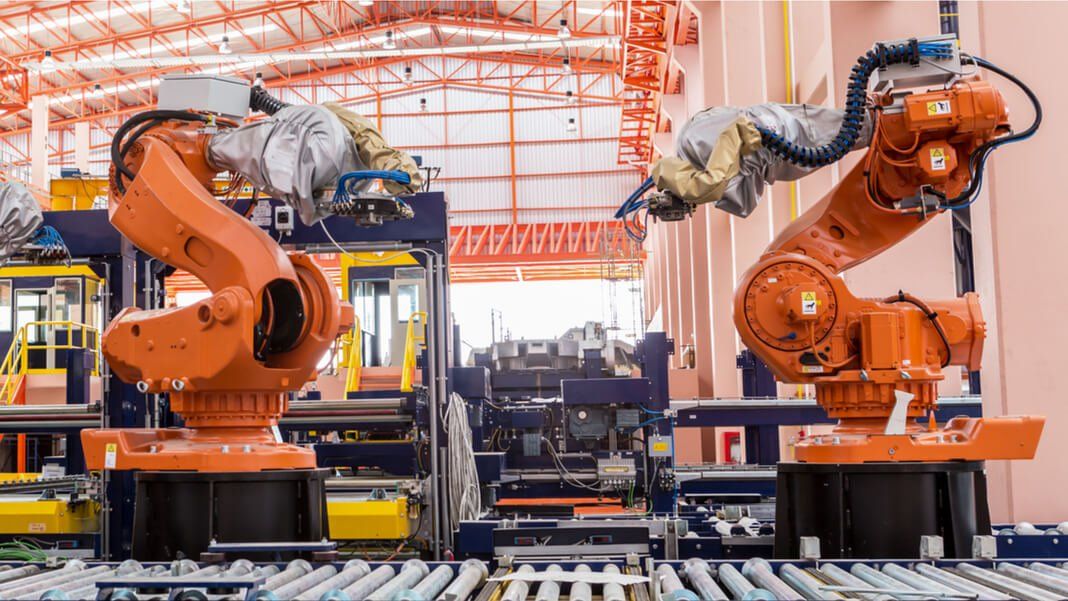Today, sewing relies on the low-tech power of human hands, but soon that may not be the case. Human workers are still needed for the final steps of making clothes, in order to align fabrics and correctly feed them into sewing machines. If robots could do that instead, shock waves of change would surely ripple through global supply chains and disrupt the lives of millions of low-wage earners in the developing world.
For better or worse, plenty of technologists, researchers, and companies are working on the challenge—but so far, getting robots to navigate the imprecisions of flimsy textile materials that easily bend has proven elusive.
One promising solution, though, has come from an unlikely place: the sleepless brain of Jonathan Zornow, a young freelance web developer with no previous background in robotics, manufacturing, or the apparel business. His project, Sewbo, recently demonstrated the world’s first robotically sewn garment, and the inspiration came while watching a late-night Science Channel show called How It’s Made.









